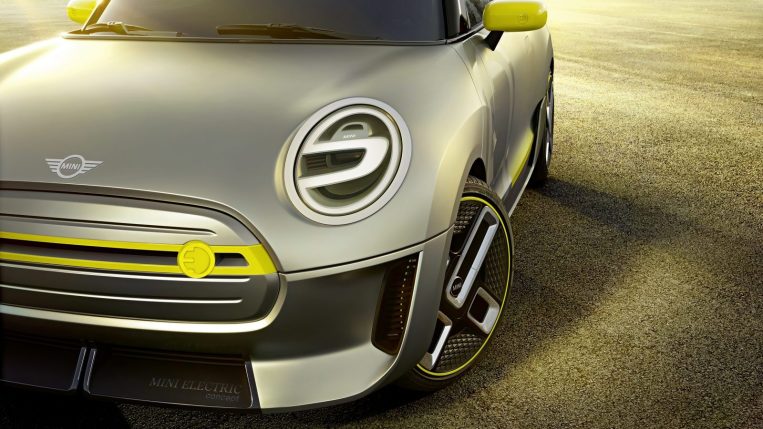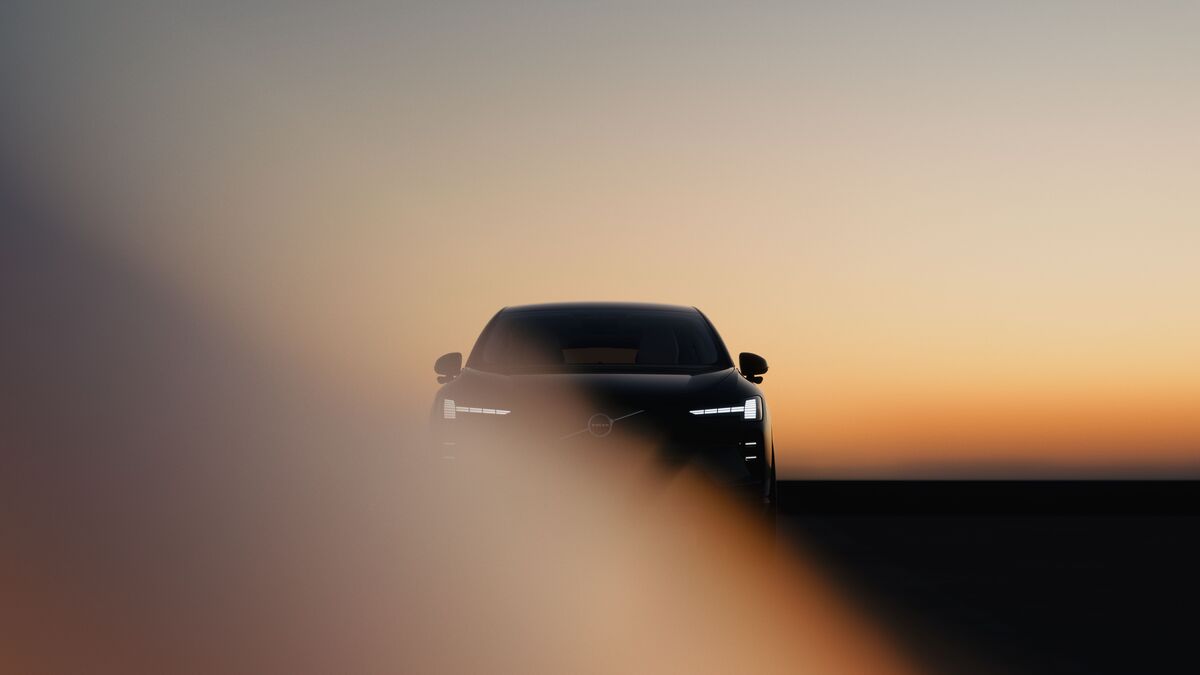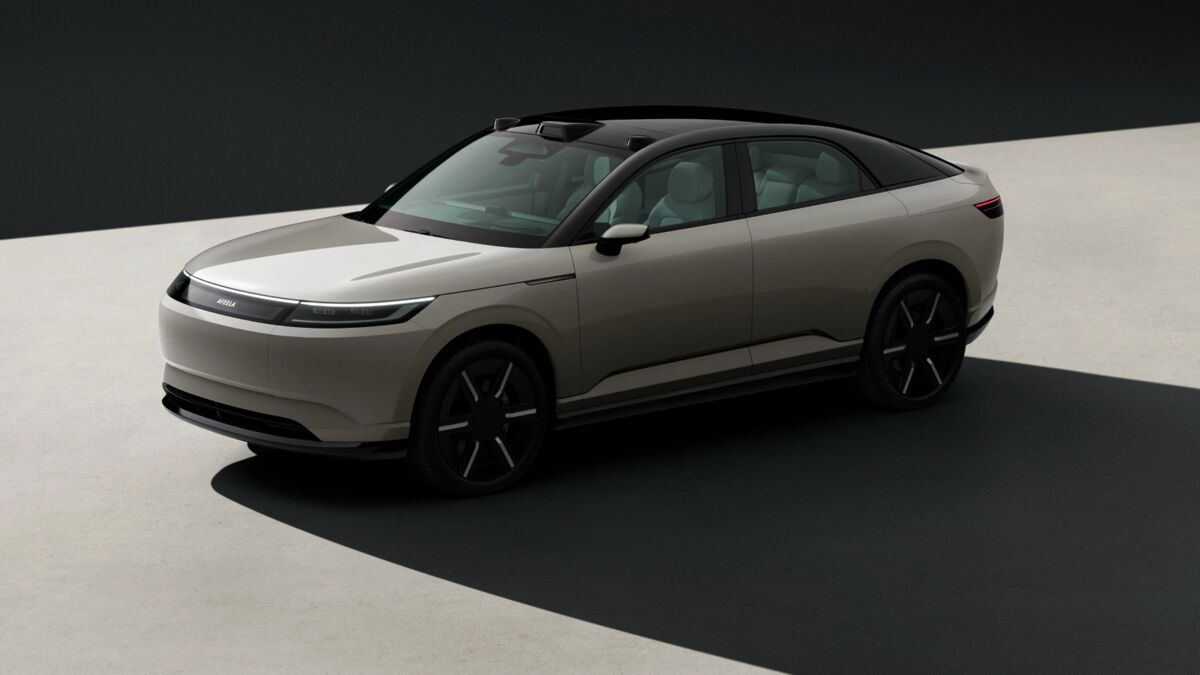
According to a new study from J.D. Power, the answer might surprise you. Rivian’s R1T electric pickup owners are more satisfied than any other EV owners. But the R1T carries a luxury price tag. Among down-to-earth models, the Mini Cooper Electric takes the prize.
EVs Diversifying Fast
Both answers are a bit surprising because neither car is particularly common. Tesla controls most of the U.S. EV market.
But the company’s market share is rapidly shrinking as new competition shows up. In the first quarter of last year, more than 70% of the EVs sold in America were Teslas. But that figure was just over 58% in the fourth quarter.
Study Covers the First Year
J.D. Power’s U.S. Electric Vehicle Experience Ownership Study, now in its third year, focuses on just the first year of ownership. Analysts surveyed 7,073 owners of 2022 and 2023 model-year EVs and plug-in hybrid cars (PHEVs).
They asked owners to rate their satisfaction with ten parts of the ownership experience, including driving enjoyment, battery range, and reliability. They then turned the answers into scores on a 1,000-point scale.
The R1T earned the highest overall score, 794. Premium EVs earned an average score of 756.
The Mini Cooper Electric scored 782. Mass-market EVs earned an average score of 730.
The Mini’s win brings up a critical perspective. The Mini Cooper Electric has one of the shortest ranges of any EV for sale today. But J.D. Power doesn’t rank the cars on range. It asks owners whether they’re satisfied with the range. The sort of buyer interested in a Mini is apparently not very concerned with how many miles they can go between charging sessions.
Tesla’s Superchargers Make a Big Difference
There were significant differences between the two categories. J.D. Power notes, “owners of mass market BEVs cite infotainment as the most problematic category (19.2 problems experienced per 100 vehicles, or PP100). Among premium BEV owners, the most problematic categories are squeaks and rattles (17.5 PP100) and exterior (13.6 PP100).”
But the most significant difference was in the availability of public charging. Tesla’s Supercharger network probably explains that gap. The largest of its kind, it’s available only to Tesla owners (though the company has promised to open part of it to owners of other brands’ cars by the end of next year). Since J.D. Power places all of Tesla’s products in the premium category, the Supercharger network didn’t influence the score of mass-market models.
Electric trucks are a rapidly growing segment of the market. J.D. Power analysts found an interesting wrinkle in that category. Owners who had used their trucks to tow were more satisfied with them than owners who hadn’t. Many potential buyers have expressed skepticism about EV trucks’ ability to pull a load, so the number stands out.
EV Satisfaction Scores
Premium Vehicles
| Rank | Model | Score (1,000-point scale) |
| 1 | Rivian R1T | 794 |
| 2 | Tesla Model 3 | 759 |
| N/A | Segment Average | 756 |
| 3 | Tesla Model Y | 754 |
| 4 | Audi e-tron | 735 |
| 5 | Polestar 2 | 724 |
Mass-Market Vehicles
| Rank | Model | Score (1,000-point scale) |
| 1 | Mini Cooper Electric | 782 |
| 2 | Kia EV6 | 762 |
| 3 | Ford Mustang Mach-E | 742 |
| 4 | Hyundai Ioniq 5 | 738 |
| 5 | Volkswagen ID.4 | 735 |
| 6 | Kia Niro EV | 733 |
| N/A | Segment Average | 730 |
| 7 | Ford F-150 Lightning | 723 |
| 8 | Chevrolet Bolt EUV | 716 |
| 9 | Chevrolet Bolt EV | 711 |
| 10 | Nissan Leaf | 698 |
Disclosure: Cox Automotive, Kelley Blue Book’s parent company, made a $350 million equity investment in Rivian in 2019.







